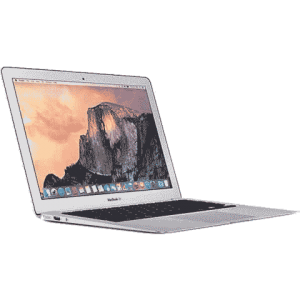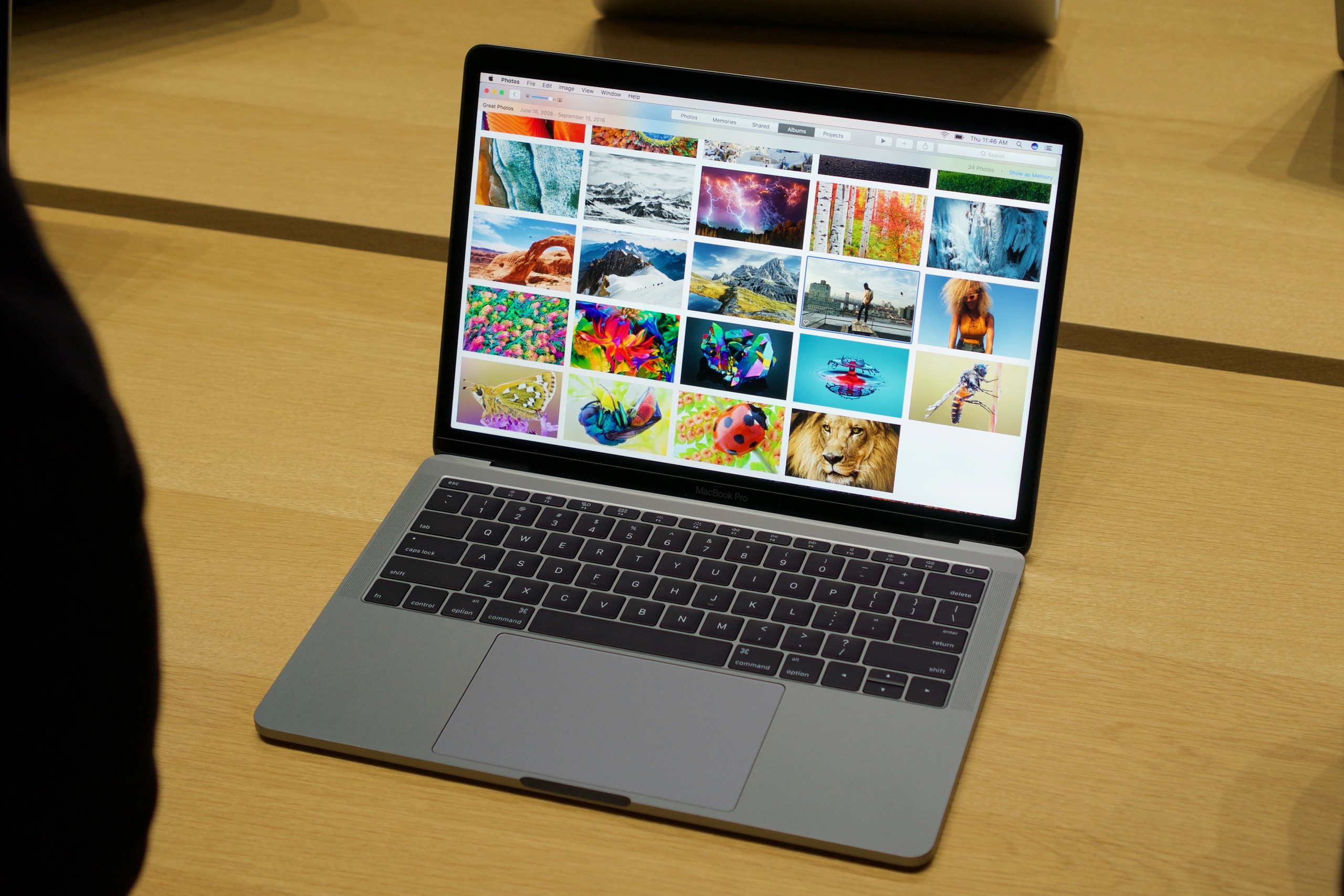

- #Is mac high sierra good for macbook air update#
- #Is mac high sierra good for macbook air upgrade#
- #Is mac high sierra good for macbook air software#
- #Is mac high sierra good for macbook air download#
- #Is mac high sierra good for macbook air free#
The main reason I am staying with Sierra is Apple Mail.
#Is mac high sierra good for macbook air download#
Later Office versions seem to keep track of every document I work with, they force the system to download a bunch of crap (fonts and stationery I will never use) in the background (unless you set some folders in the Containers directory to “locked”) and the font management with these Office Versions is also a nightmare. I can live very well without these services. This also lets me run Office 2001 with its blazing fast startup time and without the direct wires connected to Microsoft servers.
#Is mac high sierra good for macbook air update#
So long as Xcode supports it, so will I support Sierra.Īfter several problems with AFP-performance and incompatible PlugIns for Apple Mail I refused to update and am still very happy with Sierra.
#Is mac high sierra good for macbook air free#
I still have many apps which run on El Capitan, and don’t plan to alter support in the great majority of my free apps, which generally run fine on Sierra. Independent developers tend to be more helpful, though, depending on their reliance on newer features in macOS and support in Xcode.

Other vendors like Adobe have similar policies too. If you’re still running Sierra and rely on Office 365, for instance, Microsoft has already warned that with Catalina’s release, it will drop support for its products on Sierra.
#Is mac high sierra good for macbook air software#
Beyond that there’s increasing choice.Īpple isn’t the only software vendor which drops support for older products like this. Others who know much more about browser internals usually recommend Chrome, which currently still supports Sierra, so long as you’re happy maintaining its close relationship with Google. Your browser is your front-end to the Internet, and is where you’re most likely to come into contact with malware and exploits.Ĭhoosing an alternative isn’t easy.
#Is mac high sierra good for macbook air upgrade#
While you may well be running Safari 12 on Sierra, you’re very unlikely to be able to upgrade to Safari 13 without upgrading macOS itself. Apple normally only supplies and supports the current version of Safari on its supported versions of macOS. One important issue which you also need to consider is whether to continue using your current browser. If your Mac is exposed to the risk of malware, you should seriously consider installing third-party protection, though. Pushed security updates to Gatekeeper, XProtect, MRT, etc., continue to arrive and keep macOS protection current. If you can’t or won’t upgrade, and will be sticking with Sierra, Apple hasn’t abandoned you completely. On balance, if you have a choice of upgrading to High Sierra or Mojave, and can boot off a decent-size SSD, I would opt for Mojave, particularly as it should enjoy two more years of Apple’s support. Apart from that, many of the changes associated with Mojave, such as Time Machine using snapshots to determine what to back up, were introduced in later versions of High Sierra, so 10.13.6 isn’t as bad an option as it might seem, judged against earlier releases of 10.13. The newer version of APFS not only supports Fusion Drives, but is significantly better in many respects, and it’s disappointing that Apple hasn’t seen fit to update the version in High Sierra. If you have a choice, for many users Mojave has proved a significant step forward from High Sierra. If you want to upgrade to either High Sierra or Mojave, you’ll be best replacing old internal storage with a decent-sized SSD, ideally 500 GB or more. Although some users have managed to get Mojave to boot from HFS+, your boot drive should normally be in APFS format, and that again probably isn’t wise for an ageing hard disk or Fusion Drive. In High Sierra, APFS doesn’t run on Fusion Drives, and shouldn’t be your choice for hard disks either. If your Mac is still booting from its original internal hard disk or Fusion Drive, then upgrading to High Sierra or Mojave might not be good news anyway, because of APFS. This varies by model, and if you haven’t checked carefully, it would be wise to do so soon. If your Mac’s more than about seven years old, you’re probably not going to be able to upgrade it to Mojave, but at best will be stuck with High Sierra or earlier. One fundamental determinant is your Mac model and its hardware capabilities. Now’s the time to decide what you do next. From this autumn/fall, you’re on your own, and any vulnerabilities which remain in Sierra and its bundled apps will be left unfixed, as they are for all previous versions of macOS. If you’re still running Sierra, the release of Catalina is expected to affect you greatly: if Apple sticks to its longstanding policy, that marks the end of security fixes and support for macOS 10.12.

I appreciate that your mileage may vary considerably, though. With the exception of one major bug in the scheduling of automatic Time Machine backups, which wasn’t fixed until High Sierra, for a great many Macs and their users it was largely trouble-free. Sierra has to have been one of the best recent major versions of macOS.


 0 kommentar(er)
0 kommentar(er)
